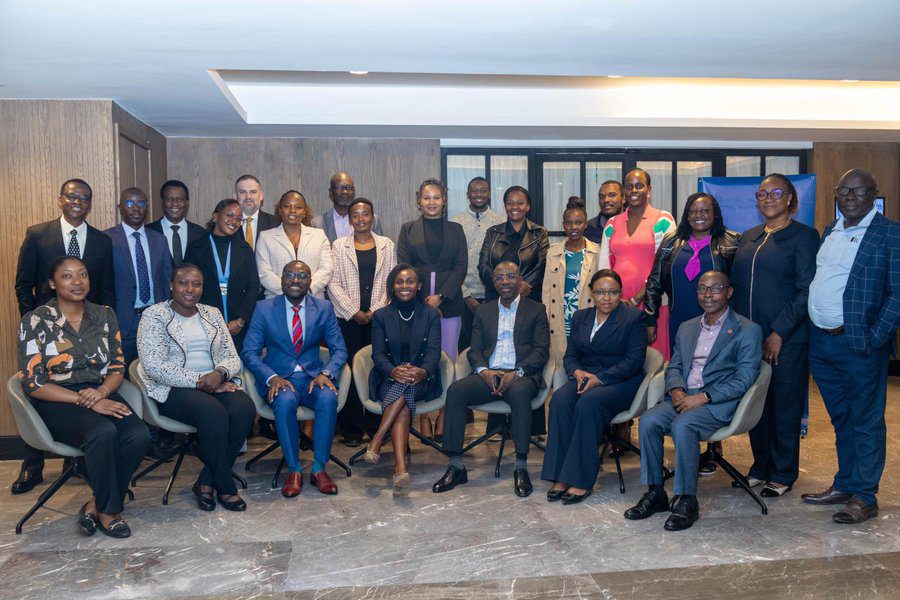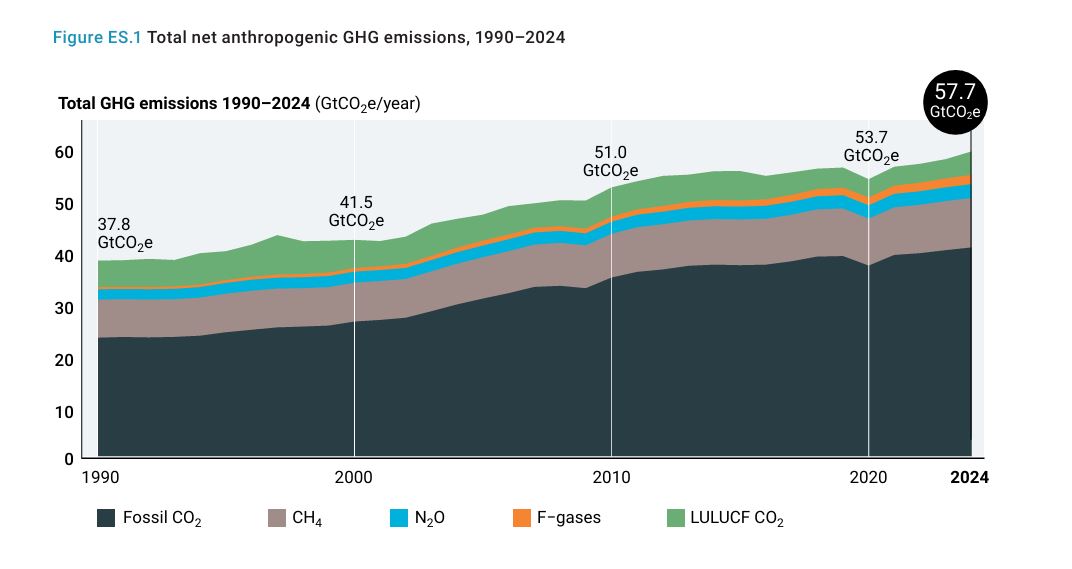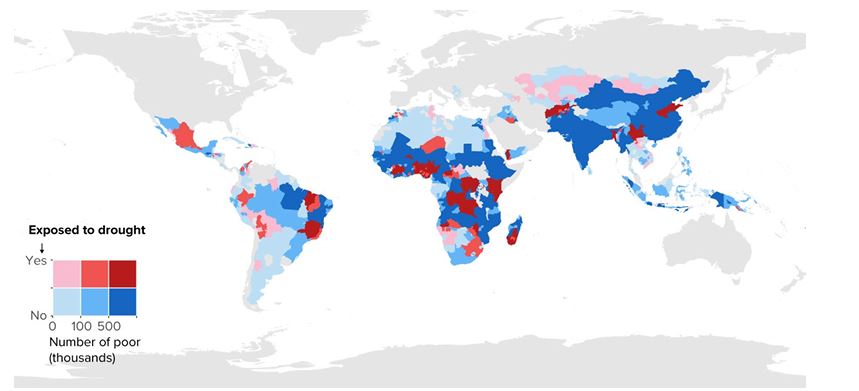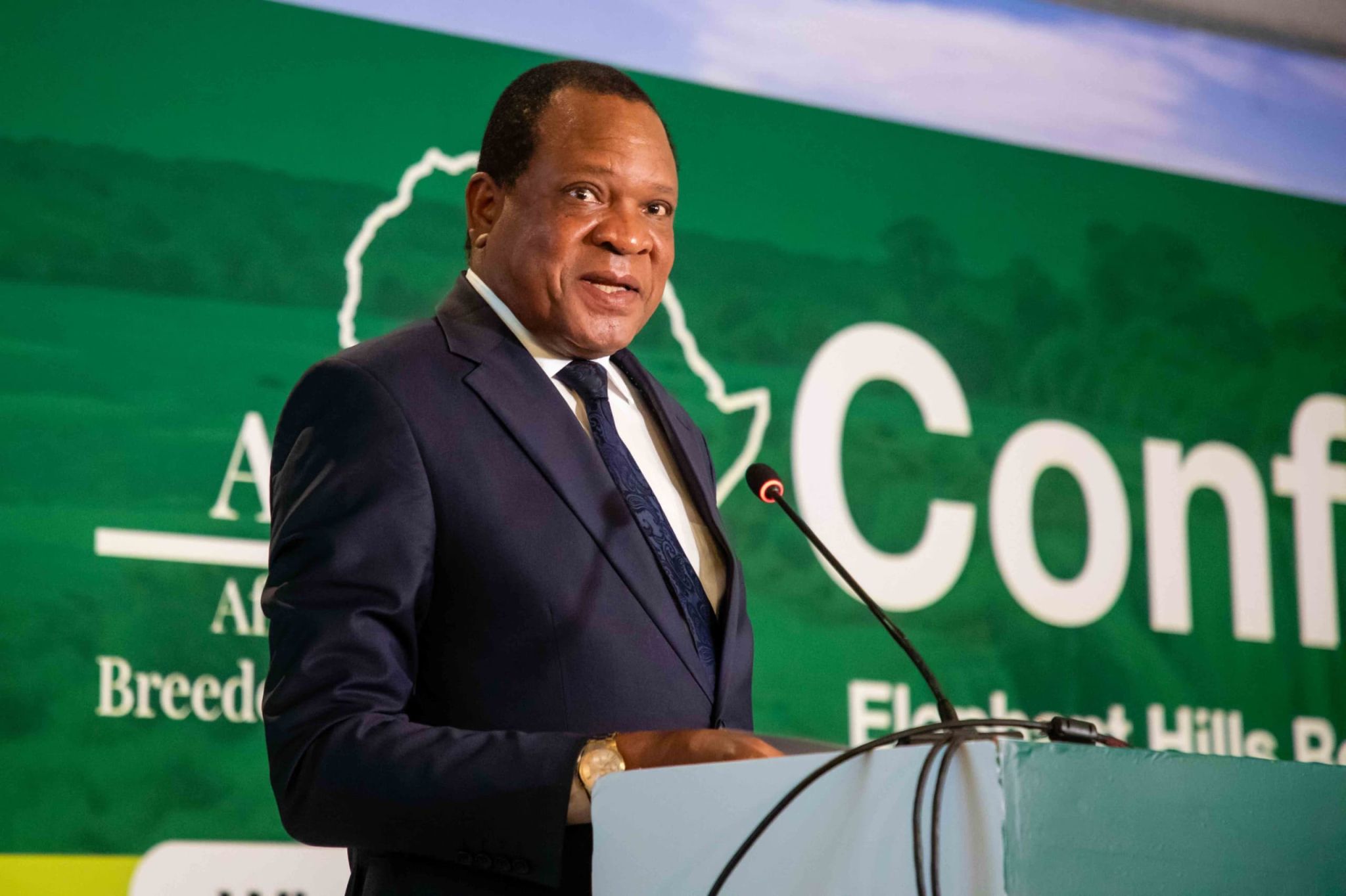As rising heat waves, floods, and droughts push Africa’s health systems to the brink, governments, innovators, and partners are charting a new path to protect the continent’s most vulnerable communities.
At a two-day regional workshop in Nairobi, convened by the World Health Organisation (WHO) Regional Office for Africa and the Africa Enterprise Challenge Fund (AECF), participants co-developed a proposal to mobilise innovative financing for climate-resilient health systems.
WHO Africa Regional Team Lead for Climate Change, Jeremiah Mushosho, said the effort could be transformative.
“This initiative represents a new frontier in climate and health financing – one that centres resilience, equity, and innovation. By mobilising both public and private capital, and with the strategic guidance of the Adaptation Fund, we can unlock the scale of investment needed to safeguard Africa’s future,” Mushosho said.
For millions of families already living the impacts of climate change, from children battling waterborne disease after floods to farmers facing hunger from prolonged drought, the stakes are urgent.
Africa Enterprise Challenge Fund chief executive officer, Victoria Sabula, emphasised the need for partnerships beyond traditional aid.
“African communities are already living the impacts of climate change. To protect them, we must go beyond traditional aid and bring in the ingenuity and investment of the private sector. This project is about building solutions that last—and that ordinary families in Africa can rely on,” Sabula said.
External relations officer at WHO Regional office for Africa, Gregoire Piller, highlighted the importance of collaboration across sectors.
“Climate and health challenges cannot be solved by any one actor alone. This initiative demonstrates the power of partnerships, where governments, international institutions, and the private sector unite around shared priorities. By building bridges across these communities, we are not only fostering trust but also unlocking the financial innovation needed to shield millions of Africans from climate-driven health crises,” Piller said.
Delegates from Benin, Burkina Faso, Uganda, and Zimbabwe, alongside private sector and technical experts, identified financing tools, validated governance structures, and aligned project objectives with national and global climate priorities.
The Adaptation Fund provided critical technical input, ensuring the initiative is both sustainable and scalable.
This marks one of the first regional efforts to design financing models that blend public and private capital to strengthen African health systems against climate-sensitive diseases, food insecurity, and extreme weather events. – World Health Organisation
Discover more from CLIMATE BRIEF
Subscribe to get the latest posts sent to your email.




